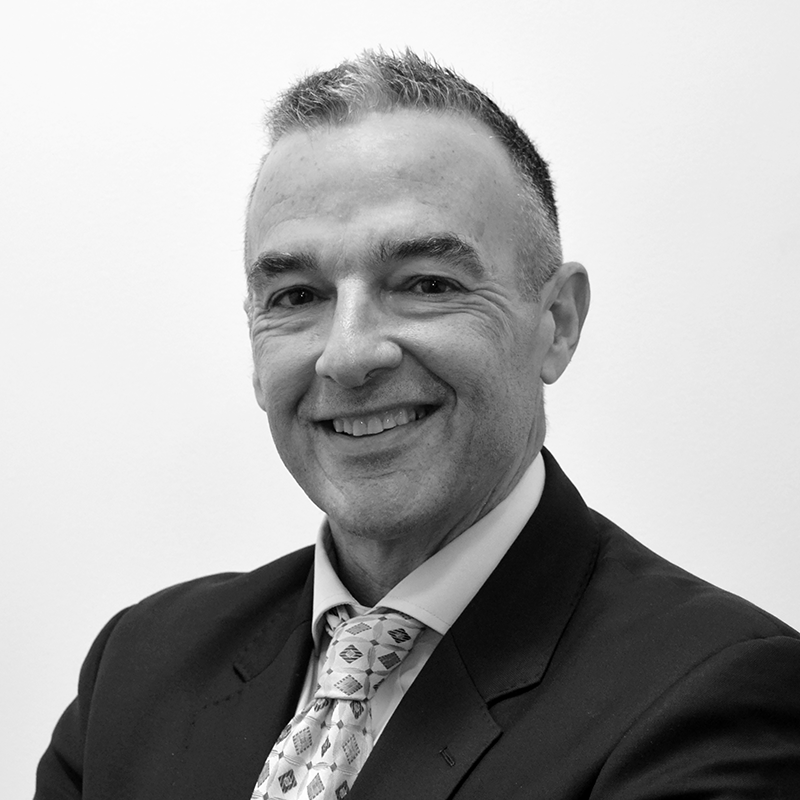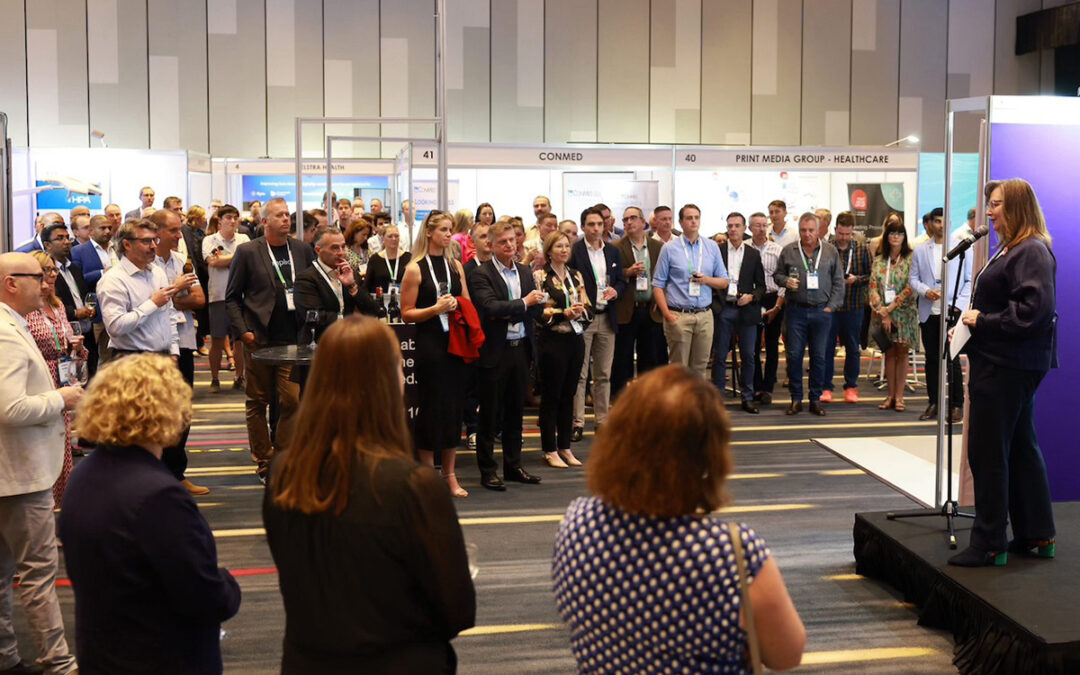At the recent Australian Private Hospitals Association (APHA) Congress on the Gold Coast I was delighted to re-acquaint myself with the industry and a number of participants from my network who I have known over my many years in the private healthcare sector.
Having come from an operational environment as a General Manager of a large private hospital, I am acutely aware of the challenging conditions private hospitals have been operating in since the COVID-19 pandemic. Capital costs, wages, consumables, utilities and other operating costs have been escalating at a rate that exceeds health fund increments. In turn, private health insurance has become unaffordable for some consumers due to cost-of-living pressures.
This state of play was validated by EY Partner Colby O’Brien’s presentation on the financial sustainability of the private hospital sector.
The gap between revenue and expenses has impacted the viability of many private hospitals. APHA President Christine Gee presented a harsh reality: 15 hospitals have closed over the preceding 12 months.
Further complicating these issues, staff shortages have been increasing rapidly, meaning that busy hospitals either could not meet demand, or they had to pay a premium for casual labour. I’ve written more about why talent attraction and retention are critical imperatives in this article: What’s Right in Healthcare, Right Now?
Acknowledging that the industry has to unite to reset the paradigm, the health fund insurers present recognised mutual interests – hospital closures are detrimental to all respective stakeholders, including patients, hospital staff, insurers and their customers.
Separate presentations on the emergence of artificial intelligence and the ever-present threat of cybersecurity were compelling, highlighting the need for hospitals to be proactive in managing privacy and other IT risks. AI has the potential to automate routine tasks, but will require policies to safeguard hospitals against how the technology is used. For example, supervising visiting medical staff or monitoring the actions of independent contractors.
Systems and data breaches are undoubtably disruptive, costly and pose a significant reputational risk. Therefore, due diligence on cybersecurity is essential, and hospitals must review their processes and procedures to minimise exposure. Slade Group’s sister company Synchro Partners are experts in technology recruitment including providing specialists in cybersecurity, infrastructure and operations, and offer strategic advice to organisations on risk management.
I genuinely found the two and a half days of the conference enlightening. Having been to a number of these events, the 41st APHA Congress affirmed what I have observed in Healthcare in the post-COVID era, and what I am seeing in the current market now, from a talent acquisition perspective.
Slade Group acknowledges all finalists in the two APHA award categories Clinical Excellence: Quality of Care and Patient Outcomes and Consumer Partnership and Engagement and congratulates the winners, Chris O’Brien Lifehouse and ICON Centre respectively.
If you attended the APHA Congress or would like to discuss any of the themes from the conference including Healthcare recruitment, please don’t hesitate to reach out to me or connect with me on LinkedIn.

Vincent Borg has extensive experience in the health sector, having worked both in private and not-for-profit organisations. His previous roles as General Manager at Healthscope, St. Vincent’s Private Hospital and Epworth Healthcare saw him oversee large, multi-site facilities in the acute and sub-acute services, including greenfield operations. Vincent’s recent operational experience means he is well-connected with industry thought leaders, across all segments of the sector. As such, he has a clear understanding of issues many hospital executives are currently experiencing and the emerging issues impacting health care providers. Read more…

